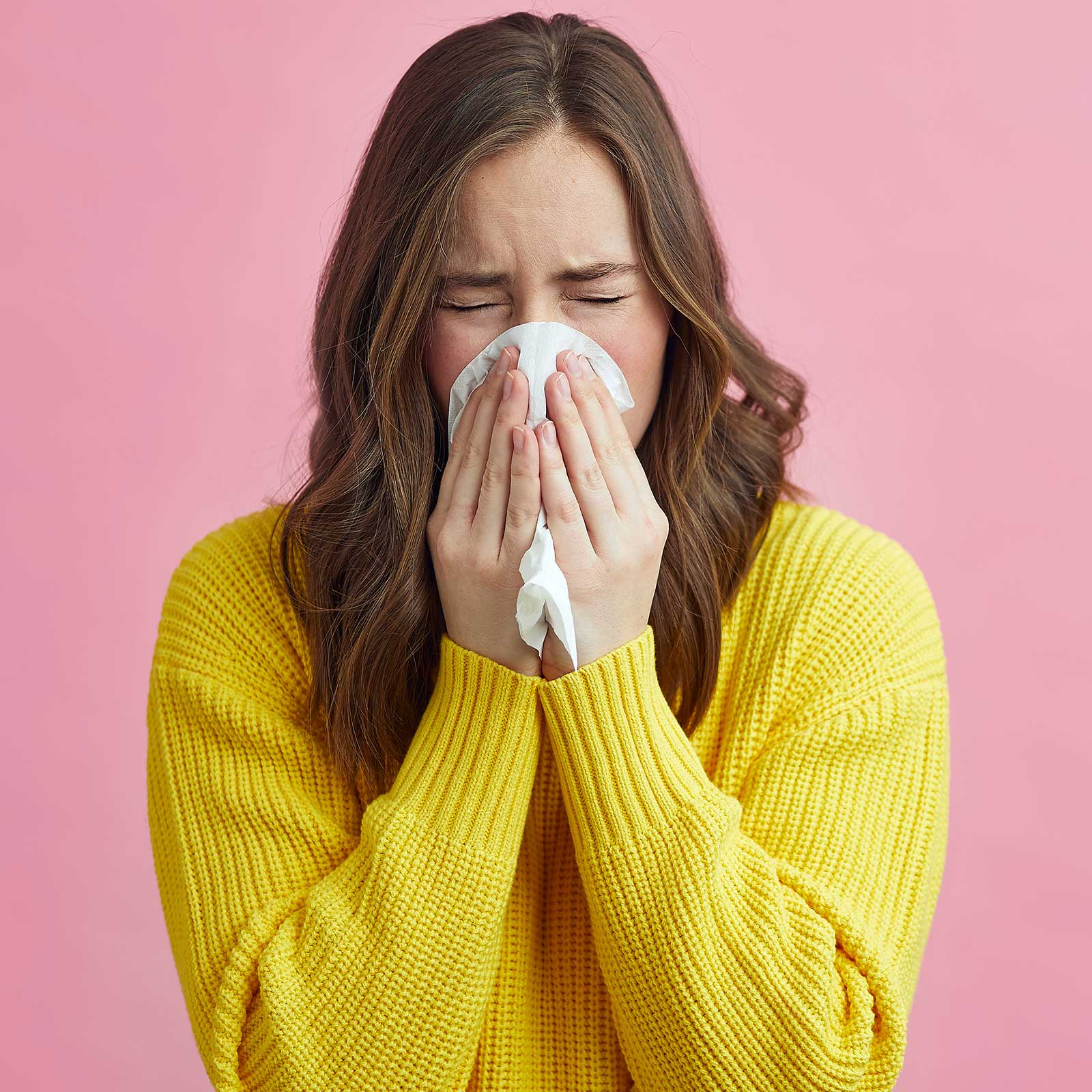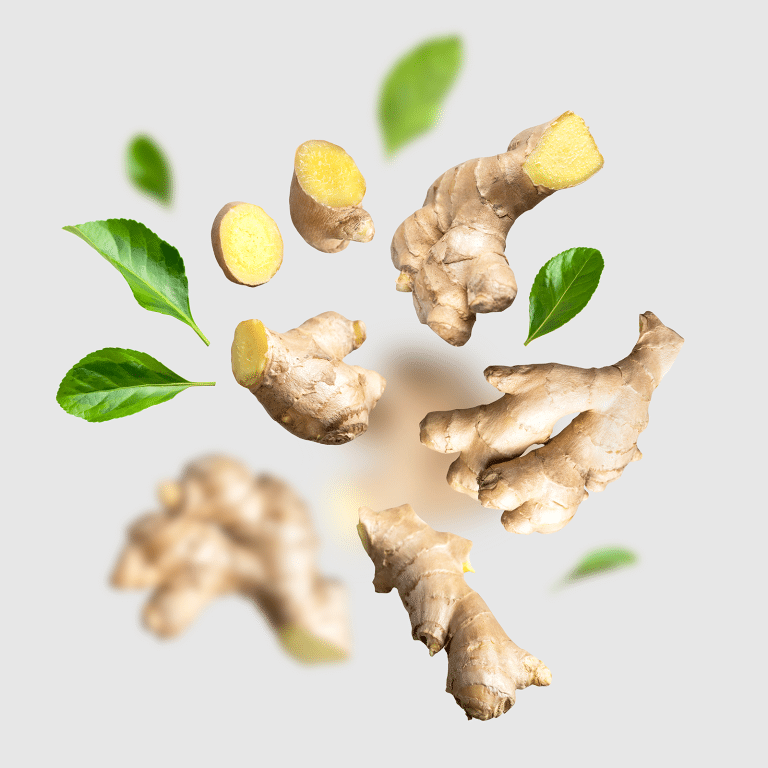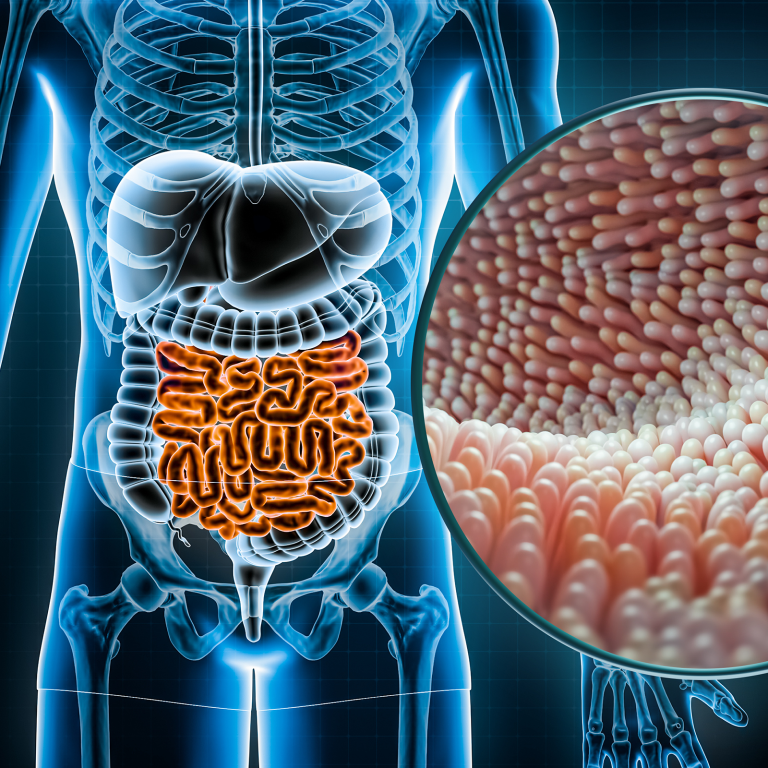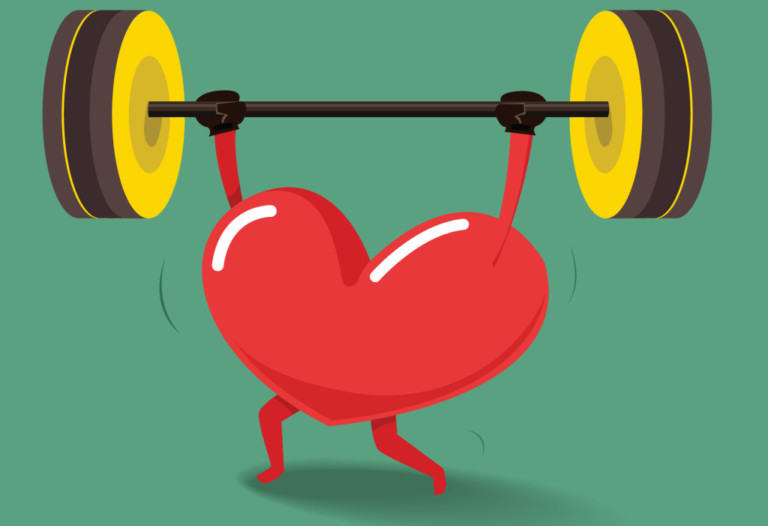Ah-choo! Cold and flu season is well and truly upon us. Spend it fighting fit instead of fighting off a lurgy with these expert tips to strengthen your immune system.
SUN DRENCHED
In addition to helping the body absorb and retain calcium and phosphorus, vitamin D helps the body facilitate normal immune system function. It is sometimes called the sunshine vitamin as it is produced in your skin in response to sunlight, as well as being found in certain foods.
“People with low vitamin D levels are more susceptible to getting sick,” says. . .







